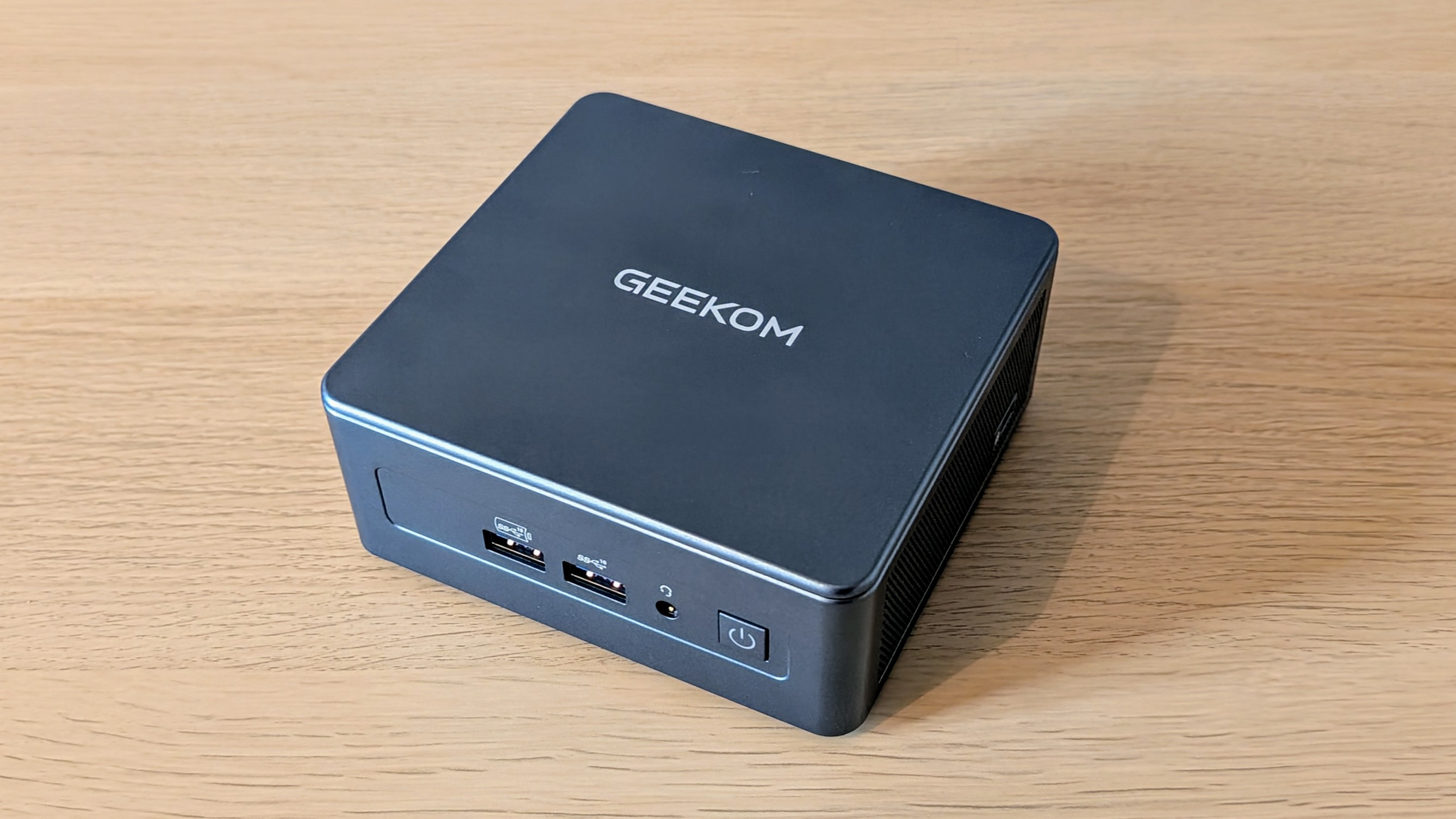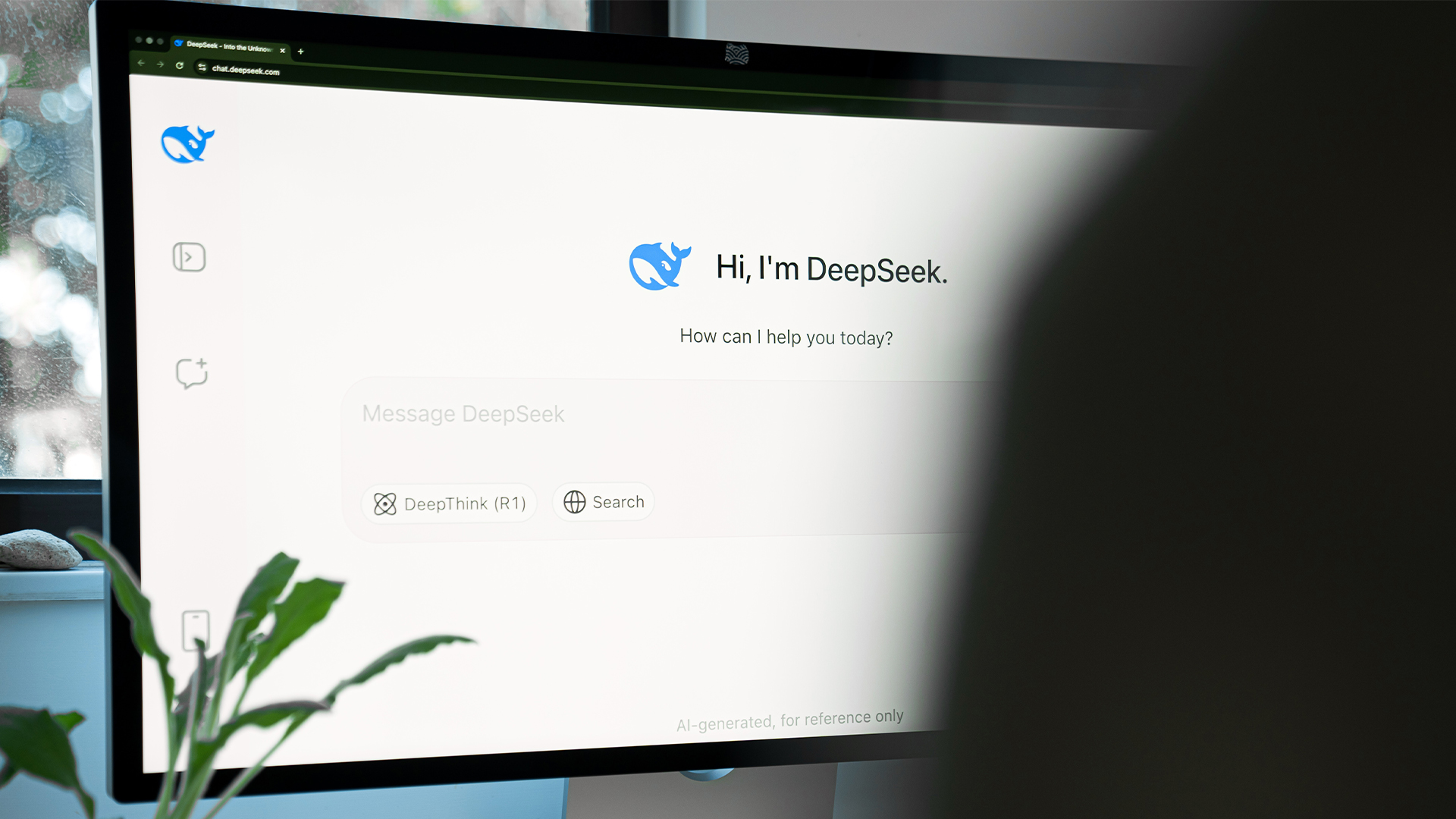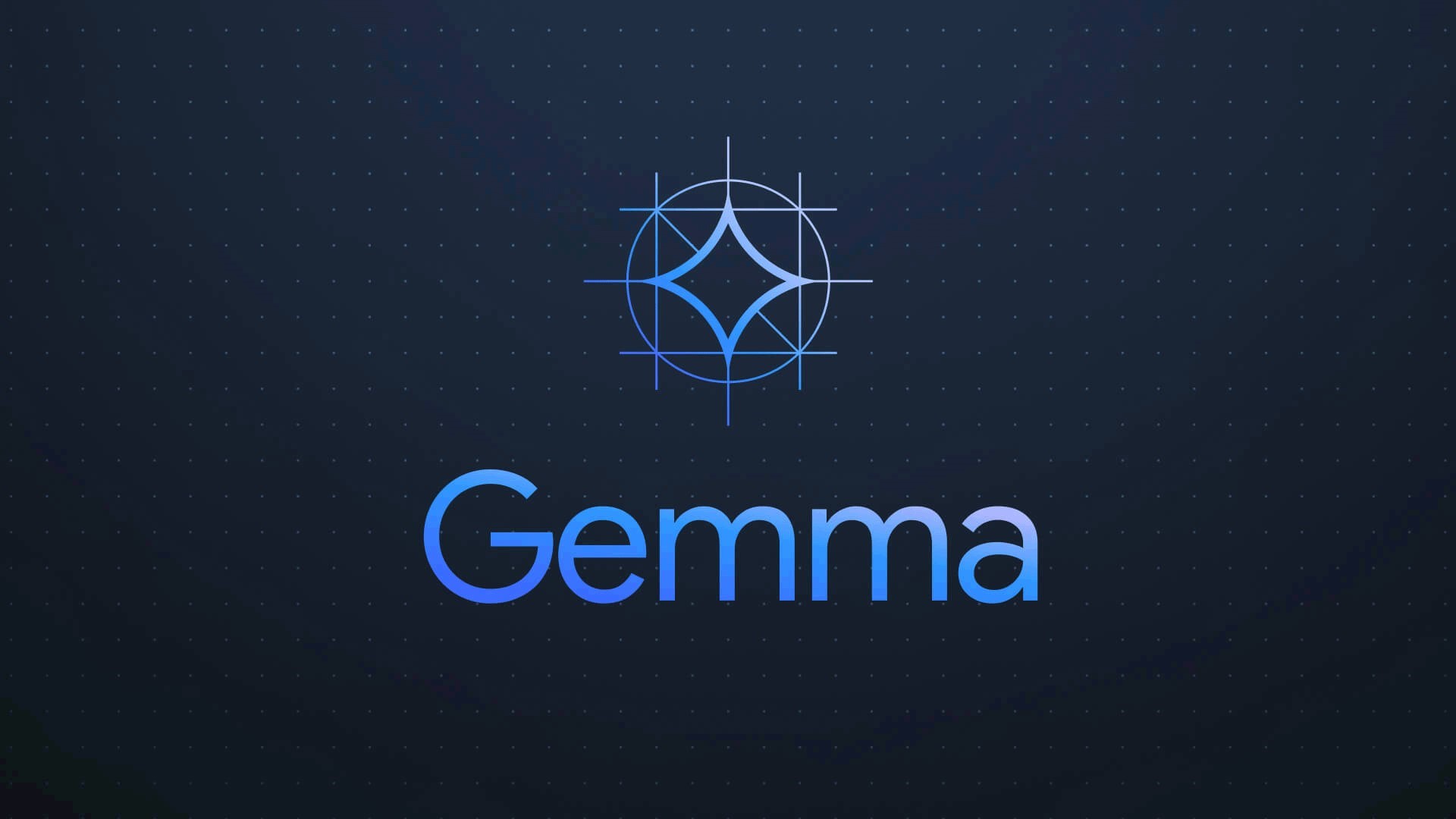Meta won't release multimodal AI models in Europe due to "unpredictable" privacy regulations
The "unpredictable nature" of EU regulations have prompted Meta to scrap plans to release its models across the region


Meta won't release the multimodal version of its Llama AI in Europe over regulatory concerns — but will bring it to the UK, despite similar data protection laws.
In June, the tech giant unveiled five multimodal AI models, which are generative AI systems that can process different types of content, such as both text and images, as well as video, audio and more.
Most models can handle one at a time. Meta aims to use the models in its platforms, as well as on its Ray-Ban smart glasses, according to a report from Axios.
But while those models will start to be released soon, they won't be arriving in Europe.
"We will release a multimodal Llama model over the coming months, but not in the EU due to the unpredictable nature of the European regulatory environment," Meta said in a statement sent to Axios.
That will limit Facebook's ability to release specific products in the region, but as the models are being offered under an open license, European companies also won’t be able to use these versions. The company said it will release a text-only version of Llama in Europe, however.
Meta didn't say exactly what concerns it had with EU regulators. ITPro has approached the company for comment on the matter.
Get the ITPro daily newsletter
Sign up today and you will receive a free copy of our Future Focus 2025 report - the leading guidance on AI, cybersecurity and other IT challenges as per 700+ senior executives
While the company won't release the multimodal AI models in the EU, it will do so in the UK — despite the latter using the EU's General Data Protection Regulation (GDPR) in its own laws. Meta suggested to Axios that GDPR itself is not the problem for AI training, but how long EU regulators take to interpret the rules.
Meta's latest run-in with EU regulators
This latest round of push back against regulators follows a dispute over Meta's announcement in May that it would train AI models with user generated text that was publicly available on Facebook and Instagram.
European regulators slapped that down over concerns it wouldn't comply with GDPR, sparking a complaint from Facebook that it had alerted them of the plans before the announcement.
However, Meta had already paused plans to use user-generated data in Europe and the UK for AI training following pressure from privacy groups.
Meta suggested in a statement at the time that it hoped to begin training on UK data eventually, but would work with the Information Commissioner's Office (ICO) first. Similarly, the firm said it hoped to bring Meta's AI to Europe, too.
"But, put simply, without including local information we’d only be able to offer people a second-rate experience," the company said.
Big tech vs the EU
Meta isn't the first American big tech firm to push back against EU regulators when it comes to AI — and this is before the EU AI Act comes into force. In June, Apple revealed some of the AI features in iOS 18 won't be available in the European Union because of the 2022 Digital Markets Act (DMA), which aims to encourage fair competition in the market.
Apple told Bloomberg at the time it was concerned that interoperability requirements of the DMA “could force us to compromise the integrity of our products in ways that risk user privacy and data security”.
However, the company didn't specify exactly how products would be impacted by the legislation.
RELATED WHITEPAPER

The EU doesn't look likely to back down, however. Margrethe Vestager, vice president of the European Commission, told attendees at an event in June that Apple's decision to hold back the AI features were a sign of anti competitive behavior.
According to reports from Euractiv, she said it was a "stunning, open declaration that they know 100% that this is another way of disabling competition where they have a stronghold already."
Freelance journalist Nicole Kobie first started writing for ITPro in 2007, with bylines in New Scientist, Wired, PC Pro and many more.
Nicole the author of a book about the history of technology, The Long History of the Future.
-
 Geekom Mini IT13 Review
Geekom Mini IT13 ReviewReviews It may only be a mild update for the Mini IT13, but a more potent CPU has made a good mini PC just that little bit better
By Alun Taylor
-
 Why AI researchers are turning to nature for inspiration
Why AI researchers are turning to nature for inspirationIn-depth From ant colonies to neural networks, researchers are looking to nature to build more efficient, adaptable, and resilient systems
By David Howell
-
 Meta executive denies hyping up Llama 4 benchmark scores – but what can users expect from the new models?
Meta executive denies hyping up Llama 4 benchmark scores – but what can users expect from the new models?News A senior figure at Meta has denied claims that the tech giant boosted performance metrics for its new Llama 4 AI model range following rumors online.
By Nicole Kobie
-
 The DeepSeek bombshell has been a wakeup call for US tech giants
The DeepSeek bombshell has been a wakeup call for US tech giantsOpinion Ross Kelly argues that the recent DeepSeek AI model launches will prompt a rethink on AI development among US tech giants.
By Ross Kelly
-
 Meta's Llama 3 will force OpenAI and other AI giants to up their game
Meta's Llama 3 will force OpenAI and other AI giants to up their gameNews The new model pushes open source as a serious contender in the AI space, and proprietary models might soon find themselves playing catch-up
By George Fitzmaurice
-
 A new LLM jailbreaking technique could let users exploit AI models to detail how to make weapons and explosives — and Claude, Llama, and GPT are all at risk
A new LLM jailbreaking technique could let users exploit AI models to detail how to make weapons and explosives — and Claude, Llama, and GPT are all at riskNews LLM jailbreaking techniques have become a major worry for researchers amid concerns that models could be used by threat actors to access harmful information
By Ross Kelly
-
 Three open source large language models you can use today
Three open source large language models you can use todayNews Enterprises are flocking to open source large language models, many of which have become highly popular - here’s three you might want to try out
By Solomon Klappholz
-
 An open source challenger to GitHub Copilot? StarCoder2, a code generation tool backed by Nvidia, Hugging Face, and ServiceNow, is free to use and offers support for over 600 programming languages
An open source challenger to GitHub Copilot? StarCoder2, a code generation tool backed by Nvidia, Hugging Face, and ServiceNow, is free to use and offers support for over 600 programming languagesNews StarCoder2 offers code generation support for over 600 programming languages, and it’s free to use
By Solomon Klappholz
-
 Google’s new ‘Gemma’ AI models show that bigger isn’t always better
Google’s new ‘Gemma’ AI models show that bigger isn’t always betterNews Smaller AI models are clearly the hot new commodity as Google unveils two new lightweight models, Gemma 2B and Gemma 7B
By George Fitzmaurice
-
 Hugging Face just launched an open source alternative to OpenAI’s custom GPT builder, and it’s free
Hugging Face just launched an open source alternative to OpenAI’s custom GPT builder, and it’s freeNews Hugging Face looks primed to position its new assistant creation platform as a direct competitor with OpenAI’s GPT Store, but how does it compare?
By George Fitzmaurice